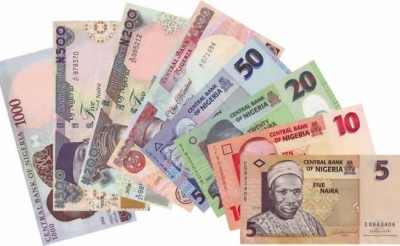
LAGOS — As the Monetary Policy Committee, MPC, of the Central Bank of Nigeria, CBN, meets today and tomorrow to review economic and monetary developments since its last meeting in January, and take some measures, some financial institutions and economic analysts have indicated hard choices in the face of worsened macroeconomic headwinds. Key focus of the MPC deliberations would include exchange rate management, interest rate restructuring and liquidity management strategies.
Since the last meeting of the MPC, all the variables and figures following their last decisions have turned negative and increasingly adverse. While the exchange rate in the official market has been maintained stable administratively, the parallel market had witnessed its worst instability in decades. Similarly, while the apex bank had deliberately induced high liquidity in the banking system with the expectation that this would result in availability of funds for the real sector at lower interest rate, the reverse has been the case.
Against these circumstances, economists at FSDH Merchant Bank said last weekend that “MPC is faced with difficult monetary policy choices going by the current economic developments in Nigeria and the short-to-medium term outlook.” According to them, notwithstanding the conflicting signals and arguments in favour of currency adjustment, interest rate hike, and other issues, the MPC needs to act quickly to boost investors’ confidence in the Nigerian economy. Making its recommendations, FSDH stated:
“We continue to support naira exchange rate adjustment to around US$/N230-US$/N240 and measures to increase yield. For other macroeconomic issues, the bank made some further recommendations. “The current low GDP growth rate justifies monetary policy easing to boost growth though this will not support the current of rising inflation rate and weak exchange rate. “The appropriate policy response to the rising inflation rate is to hike rates. This move may conflict with the growth objective of the CBN and Federal Government of Nigeria, FGN. “The fundamentals of the oil market still tend towards lower oil prices in the short-term. Therefore, the revenue of the FGN and the value of the Naira still face significant external shocks.
“While the MPC does not have any control over oil price, an increase in rates and adjustment in the exchange rate may reduce speculative demand for foreign exchange. “In the short-term, the adoption of an acceptable exchange rate that will attract foreign investors will boost the external reserves.” Reacting to the challenges facing today’s MPC, economists at Afrinvest West Africa, a Lagos-based investment house, said: “This meeting is coming against the backdrop of renewed optimism in the global economy, albeit tepid; sustained sub-optimal domestic economic performance and elevated headwinds on potential real economic growth and consumer purchasing power.”
Afrinvest economists outlined the various policy options open to the MPC which include, holding all rates constant and continue to harp on structural reforms and policy coordination with the fiscal arm; adjusting the MPR upwards by 100 to 200 basis points so as to compensate investors for lowered real return and attract foreign private capital or; increase the Standing Deposit Facility, SDF, rate by 200 basis points, while leaving other rates constant, to force an upward movement in the yield curve and mop up liquidity in the financial system.
Vanguard
END

Be the first to comment